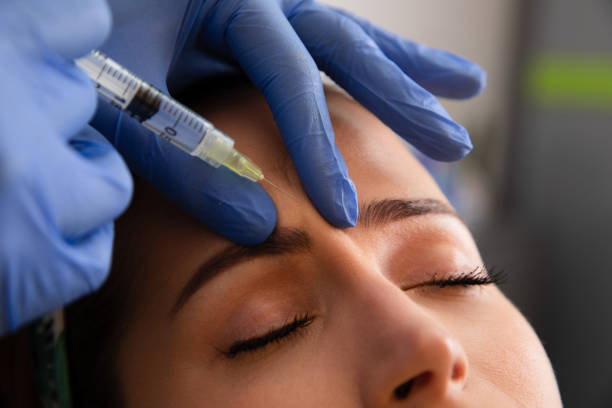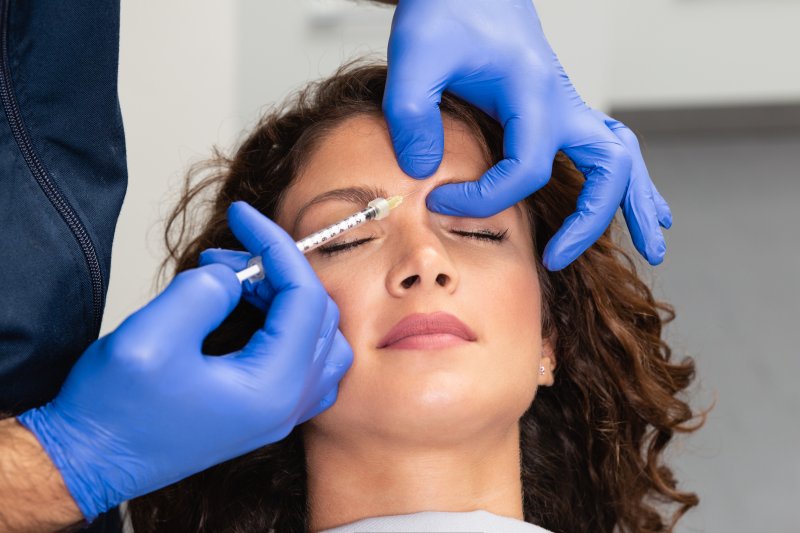Botox has become one of the most sought-after cosmetic treatments worldwide. It is commonly used to reduce the appearance of fine lines and wrinkles, helping individuals achieve a more youthful and refreshed look. The effects of Botox Dubai are temporary, making it essential to understand the ideal frequency for maintaining results.
Factors Influencing Botox Frequency
Individual Skin Type and Aging Process
Each person’s skin reacts differently to Botox. Some individuals experience longer-lasting results, while others may notice their results fading more quickly. Factors such as skin elasticity, hydration levels, and overall skin health play a role in determining how often Botox should be administered.
Muscle Strength and Movement
The strength of facial muscles significantly impacts the longevity of Botox results. People with stronger facial muscles, especially in areas like the forehead and around the eyes, may require more frequent treatments to maintain a smooth appearance.

Metabolism and Lifestyle Habits
Metabolism varies from person to person, influencing how quickly the body breaks down Botox. Those with a faster metabolism may notice their results fading sooner. Lifestyle habits, such as sun exposure, smoking, and stress levels, can also impact the longevity of the treatment.
Recommended Frequency for Botox Treatments
First-Time Botox Users
For individuals receiving Botox for the first time, the results typically last around three to four months. Aesthetic experts recommend monitoring how the treatment settles into the skin before deciding on the next session. Over time, some individuals may require fewer treatments as the muscles become trained to relax.
Regular Botox Users
Those who have been receiving Botox consistently may find that they only need touch-ups every four to six months. As the muscles adjust to reduced movement, the longevity of the results can improve, allowing for longer intervals between treatments.
Preventative Botox Users
Some individuals opt for Botox as a preventative measure to delay the formation of deep wrinkles. In such cases, treatments may be scheduled every four to six months, depending on the individual’s specific aesthetic goals and skin condition.
Best Areas for Botox Application
Forehead Lines
The forehead is one of the most common areas where Botox is applied. Regular treatments every four to six months can help maintain a smooth and youthful appearance.
Crow’s Feet
The fine lines around the eyes, commonly known as crow’s feet, respond well to Botox. Since this area involves frequent muscle movement, treatments may be needed every three to four months to sustain the results.
Frown Lines
Frown lines between the eyebrows can create a tired or stern look. Regular Botox sessions every four to five months can help keep this area relaxed and refreshed.

Jawline and Chin
Botox is also used to contour the jawline and soften the appearance of dimpling in the chin area. The frequency of treatment in these areas varies based on individual needs and muscle activity.
Long-Term Benefits of Consistent Botox Treatments
Smoother Skin Over Time
With consistent Botox treatments, fine lines and wrinkles become less prominent over time. The skin appears smoother, and the aging process may be slowed down.
Improved Facial Symmetry
Botox can enhance facial symmetry by targeting specific muscles that contribute to uneven expressions. Over time, regular treatments can create a more balanced appearance.
Prevention of Deeper Wrinkles
By relaxing facial muscles early, Botox in Dubai can prevent the formation of deep-set wrinkles. This proactive approach helps individuals maintain a youthful appearance for longer.
Lifestyle Tips to Extend Botox Results
Hydration and Nutrition
Keeping the skin well-hydrated and maintaining a balanced diet rich in vitamins and antioxidants can enhance the longevity of Botox results.
Sun Protection
Protecting the skin from excessive sun exposure helps preserve Botox effects. Wearing sunscreen and avoiding prolonged sun exposure can contribute to longer-lasting results.
Stress Management
High-stress levels can lead to increased muscle tension and faster breakdown of Botox. Practicing relaxation techniques such as meditation or yoga can help prolong the effects of the treatment.
Conclusion
The ideal frequency of Botox treatments varies from person to person, depending on factors such as muscle strength, metabolism, and individual aesthetic goals. While first-time users may require treatments every three to four months, regular users may enjoy longer-lasting results with sessions scheduled every four to six months. By adopting a healthy lifestyle and following expert recommendations, individuals can maximize the benefits of Botox and maintain a refreshed and youthful appearance.
